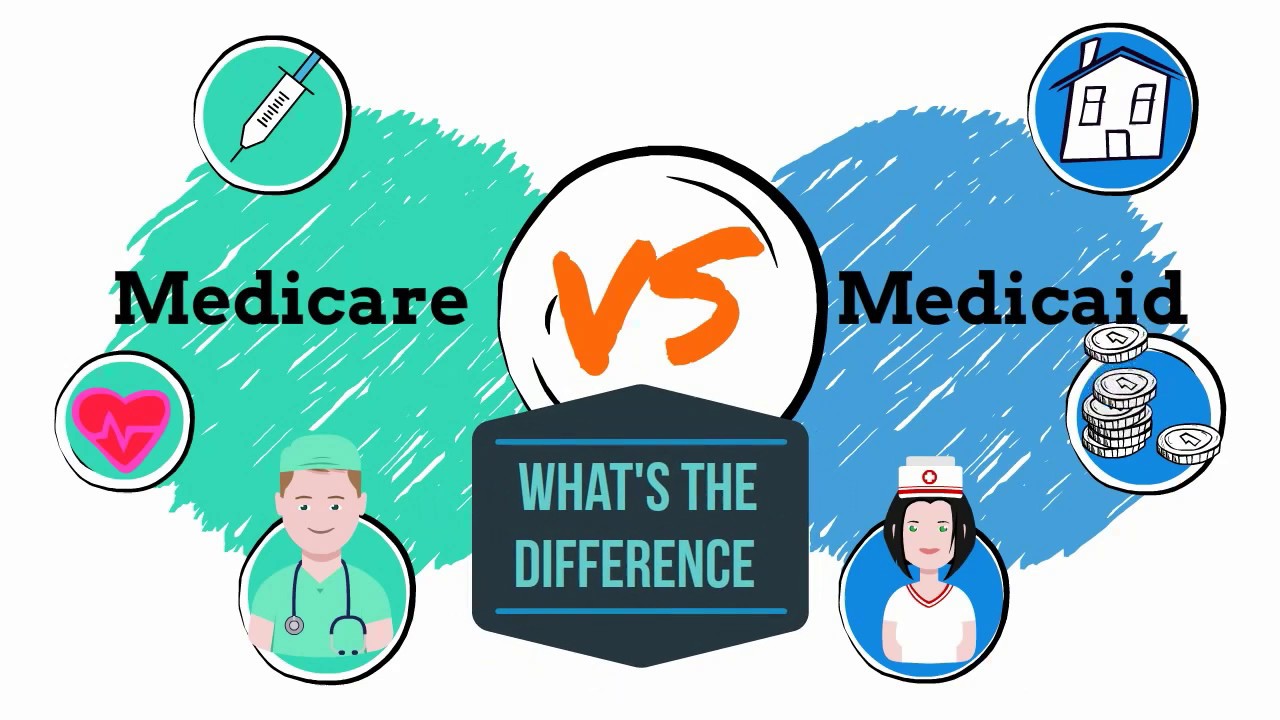When clients come to meet me for estate planning and a general review of their affairs, one of the first documents we discuss is a Durable Power of Attorney (“POA”). This document can be used to name a trusted person or company to handle affairs on your behalf, even when you are no longer able to mentally and/or physically handle them yourself. This can avoid a Court being involved to appoint a Guardian. A POA
To avoid a formal estate in the Court system, before July 1, 2022, the probate estate of the decedent must have been less than $50,000 less liens, encumbrances, and funeral expenses. Effective, July 1, 2022, for any Indiana resident who then passes away, this number has doubled to $100,000. Consequently, any probate assets solely in the decedent’s name alone count toward this number. A bank account solely in decedent’s name without a beneficiary listed would
People routinely get the programs and terms Medicare and Medicaid confused; and thinking they have the same coverages with both. However, this is not true. One of the most common misconceptions is Medicare will pay for long-term care. Medicare is an entitlement program. If a person is on disability or is receiving Social Security benefits at age 65, they will receive Medicare benefits. Medicare will only pay, through Part A, up to 100 days of
everal categories of Medicaid, such as the category which covers most of the cost of nursing home care and the cost of at-home care, have an asset limit to qualify for coverage. This leads many clients to ask, “Can I just give everything away and then apply for Medicaid to help pay the cost of the nursing home?” All gifts, or transfers of resources at less than fair market value, which have taken place within
Last month’s article discussed a Life Estate Deed and the pros & cons of this estate planning document. This month is related, but a discussion of a different estate planning document, the Transfer on Death Deed (TOD Deed). Over 31 States currently allow the use of TOD Deeds. Indiana allows the use of POD (payable on death)/TOD (transfer on death) on any type of property interest including bank accounts, investments, and even titles to vehicles





